Help shape and drive postgraduate researcher development at BU.
Join the brand new Postgraduate Researcher Development Steering Group to provide direction to postgraduate researcher development at BU.
Some of the main responsibilities include:
- Develop and enhance the strategic direction, nature, quality, development and delivery of the University’s provision of researcher development for postgraduate research students (PGRs) which reflect the needs of all PGRs.
- Guide centrally and faculty provided researcher development provisions promoting complimentary support of both increasing the personalisation of support for PGRs.
- Evaluate University-wide PGR researcher development provisions, to ensure all programme content is maintained at a high standard and aligns with the university strategic priorities under BU2025.
- Promote the benefits of facilitation of researcher development to staff and the benefits of engaging with researcher development to PGRs.
- Enhance the overall PGR student experience at BU.
See the full Terms of Reference for details on the Steering Group if you are interested in becoming a member. There will be 2 meetings per academic year.
Please submit your Expression of Interest, including a half-page as to why you are interested, the knowledge, skills and experience you can bring to the group, via email to Natalie at pgrskillsdevelopment@bournemouth.ac.uk by midday, Friday 1 November.
Membership available:
– PGR Student Champion: 1 per Faculty (open to all PGRs)
– Academic Champion: 1 per Faculty (ideally an active PGR supervisor)
– Early Career Researcher: 1 representative
Expressions of Interest will be assessed by the Chair and Deputy Chair of the Steering Group, we look forward to receiving them.
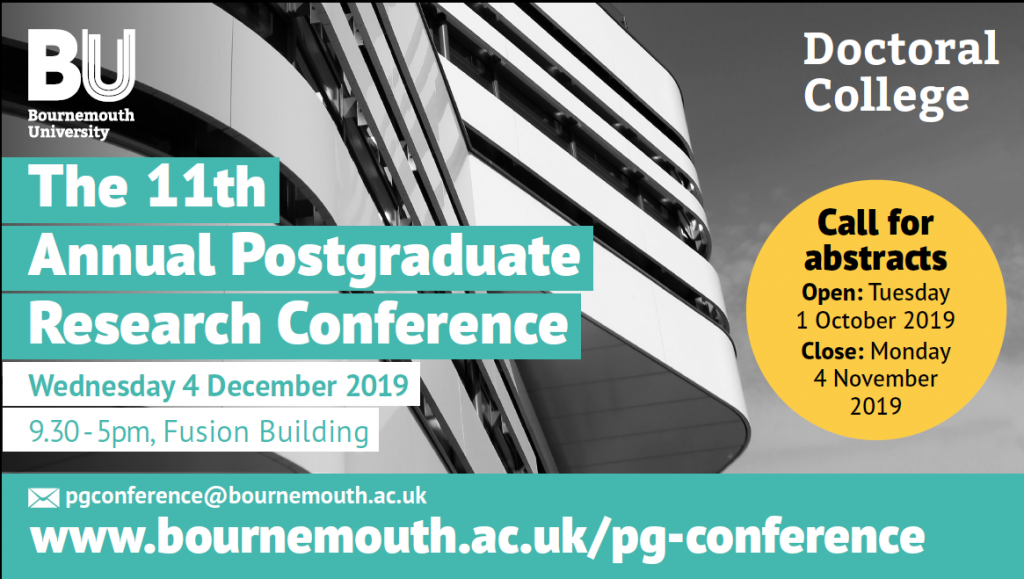


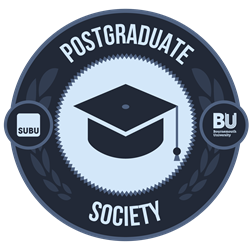
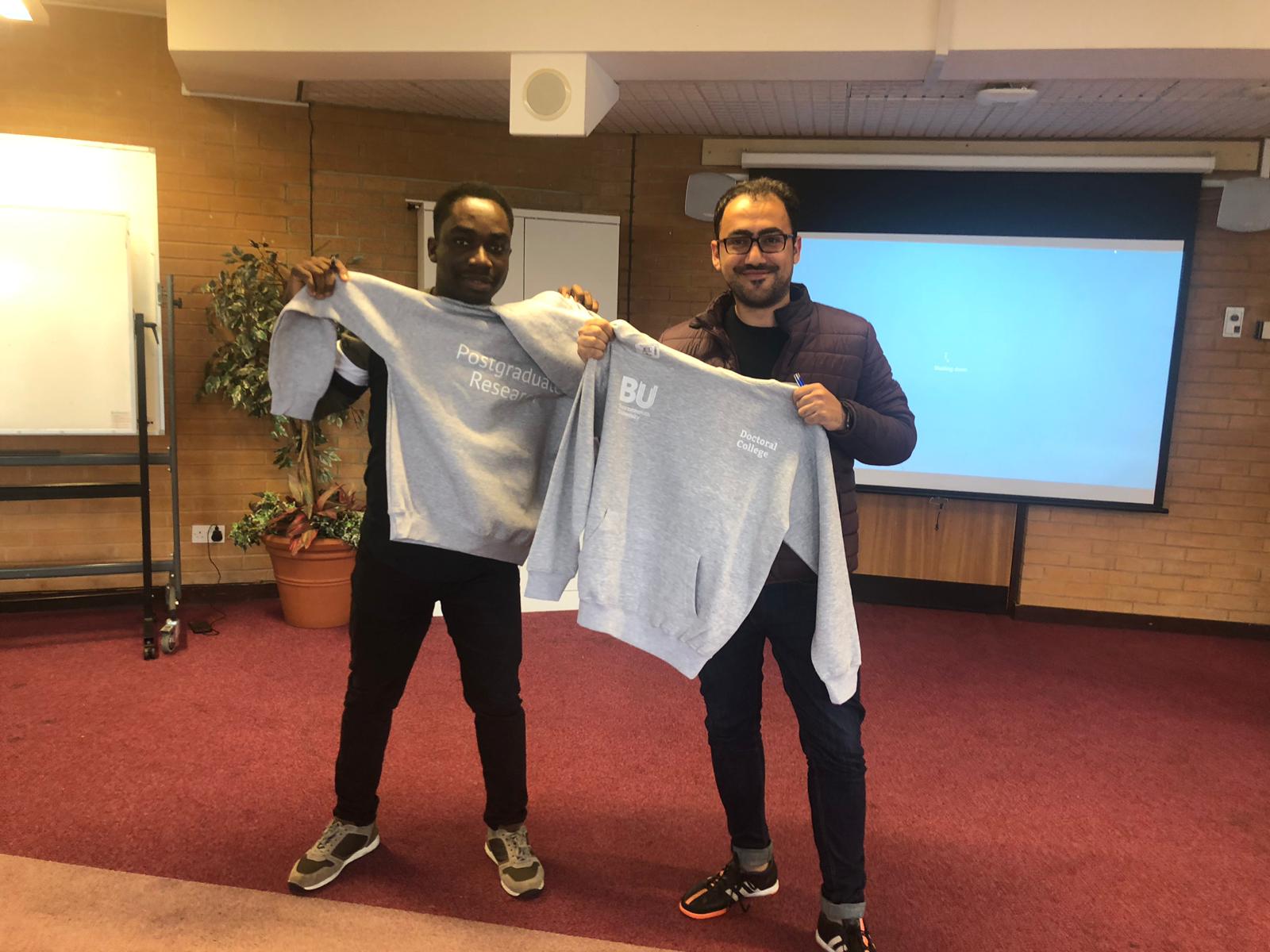
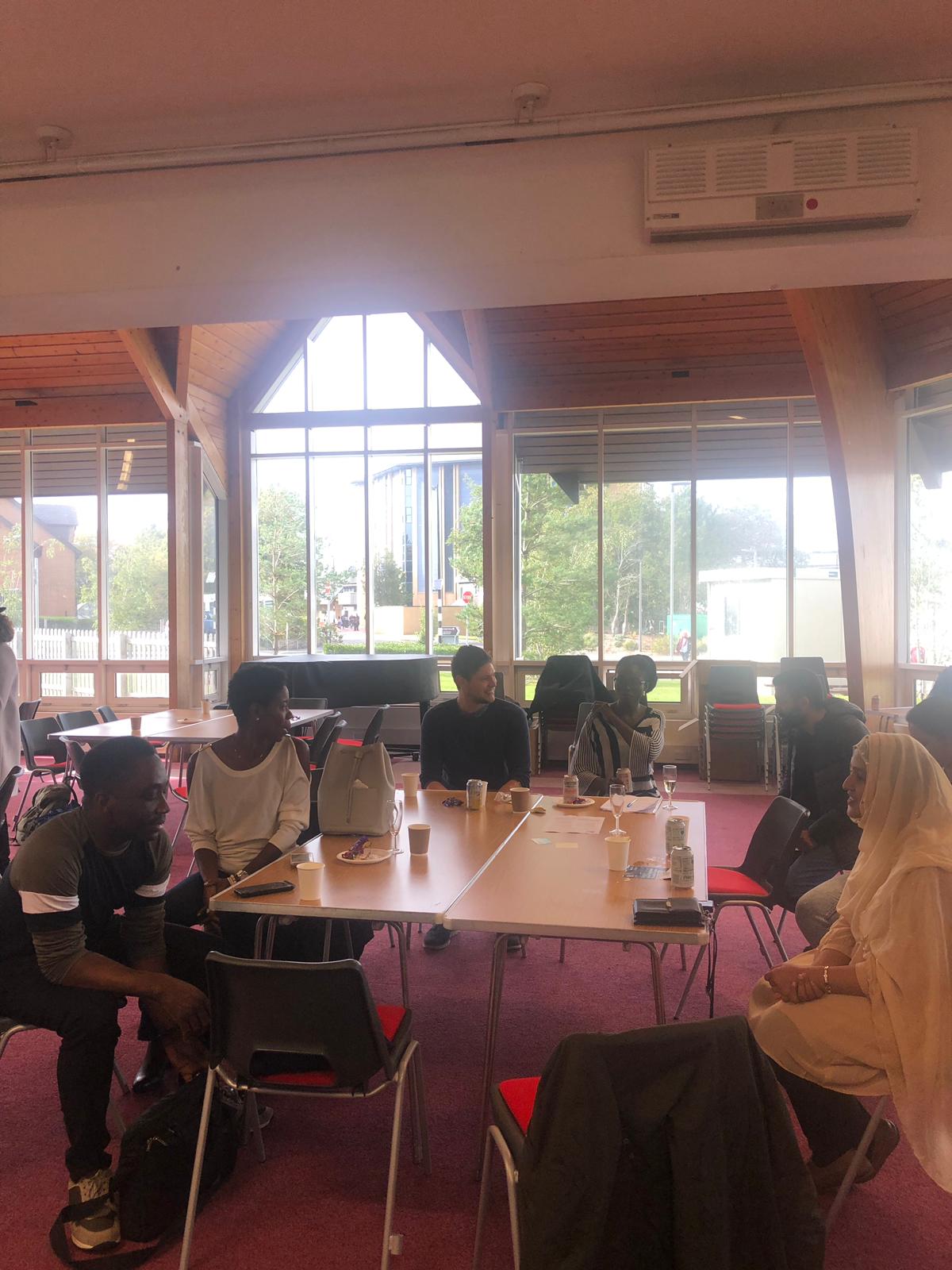
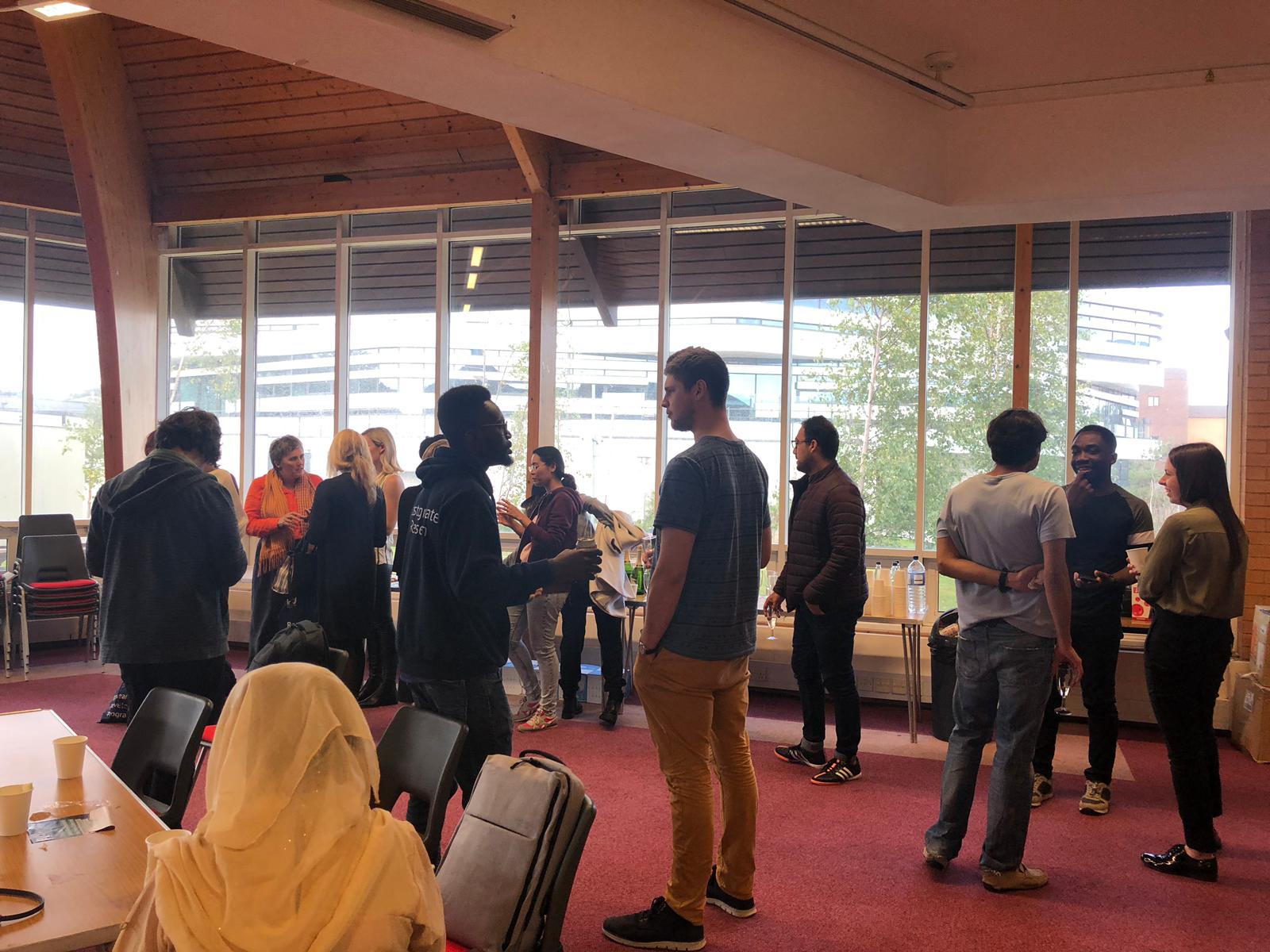
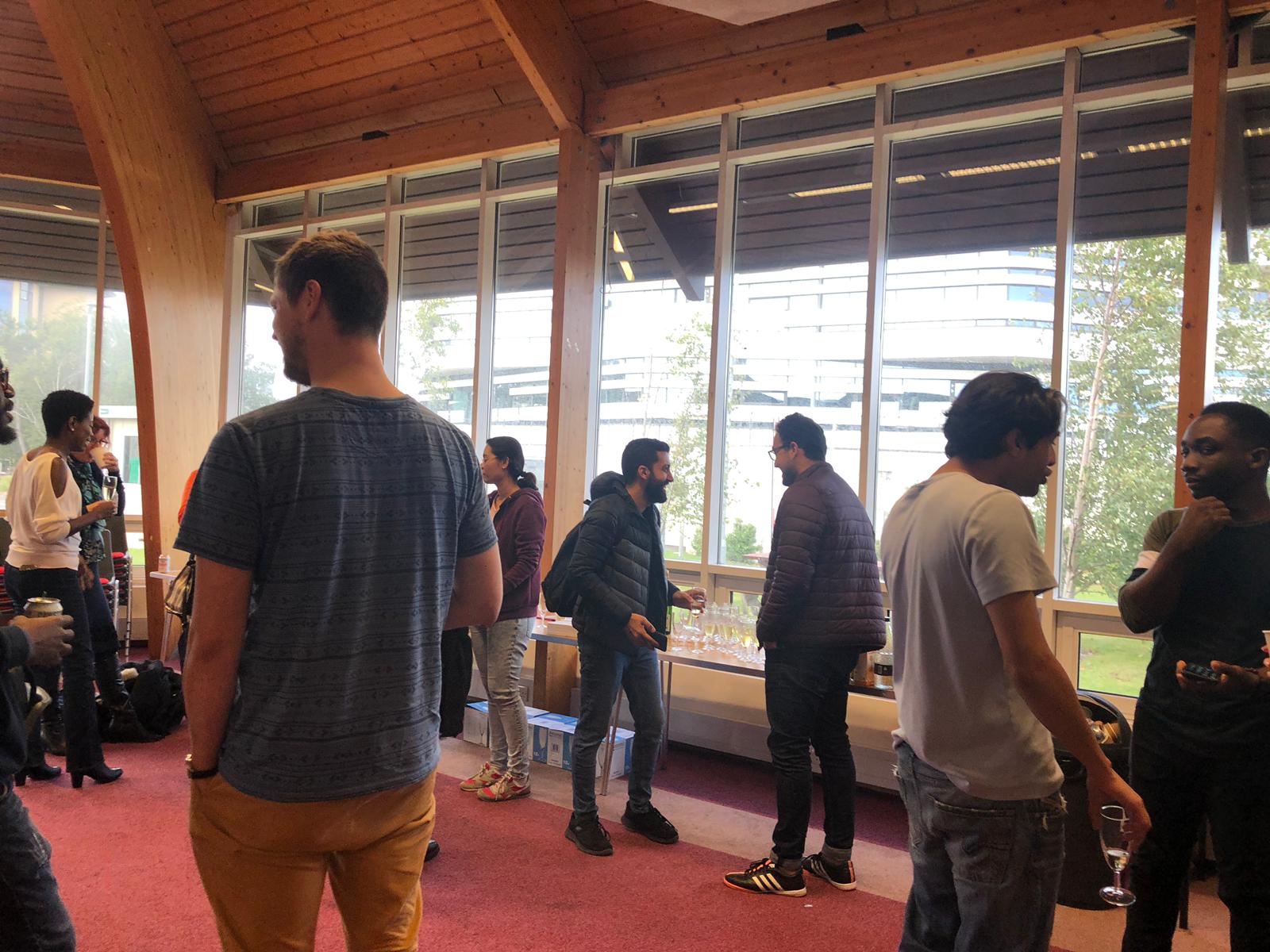
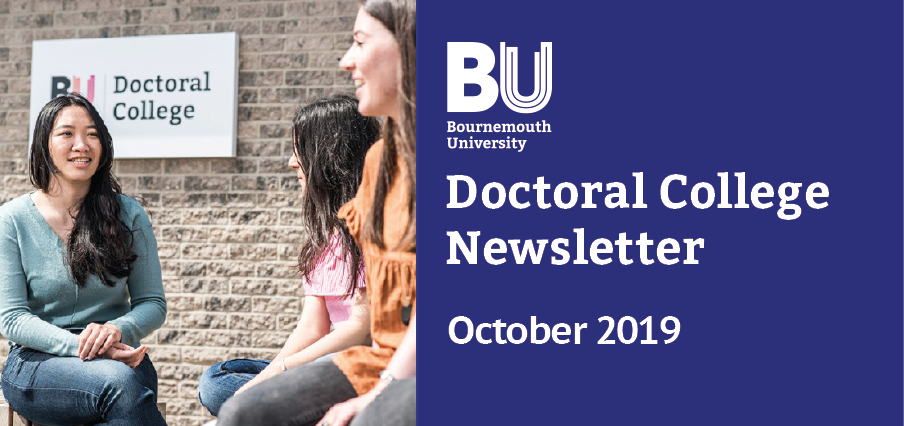
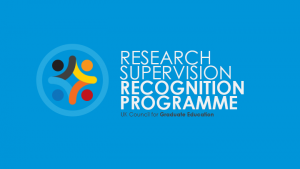

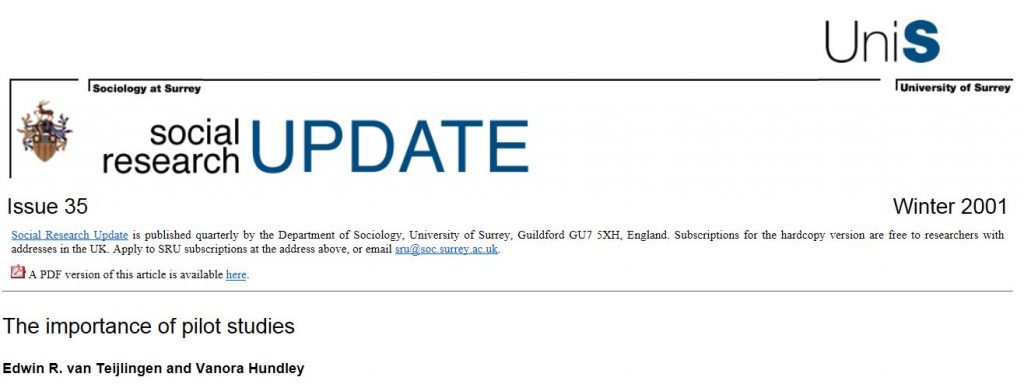

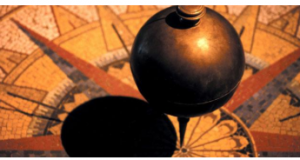
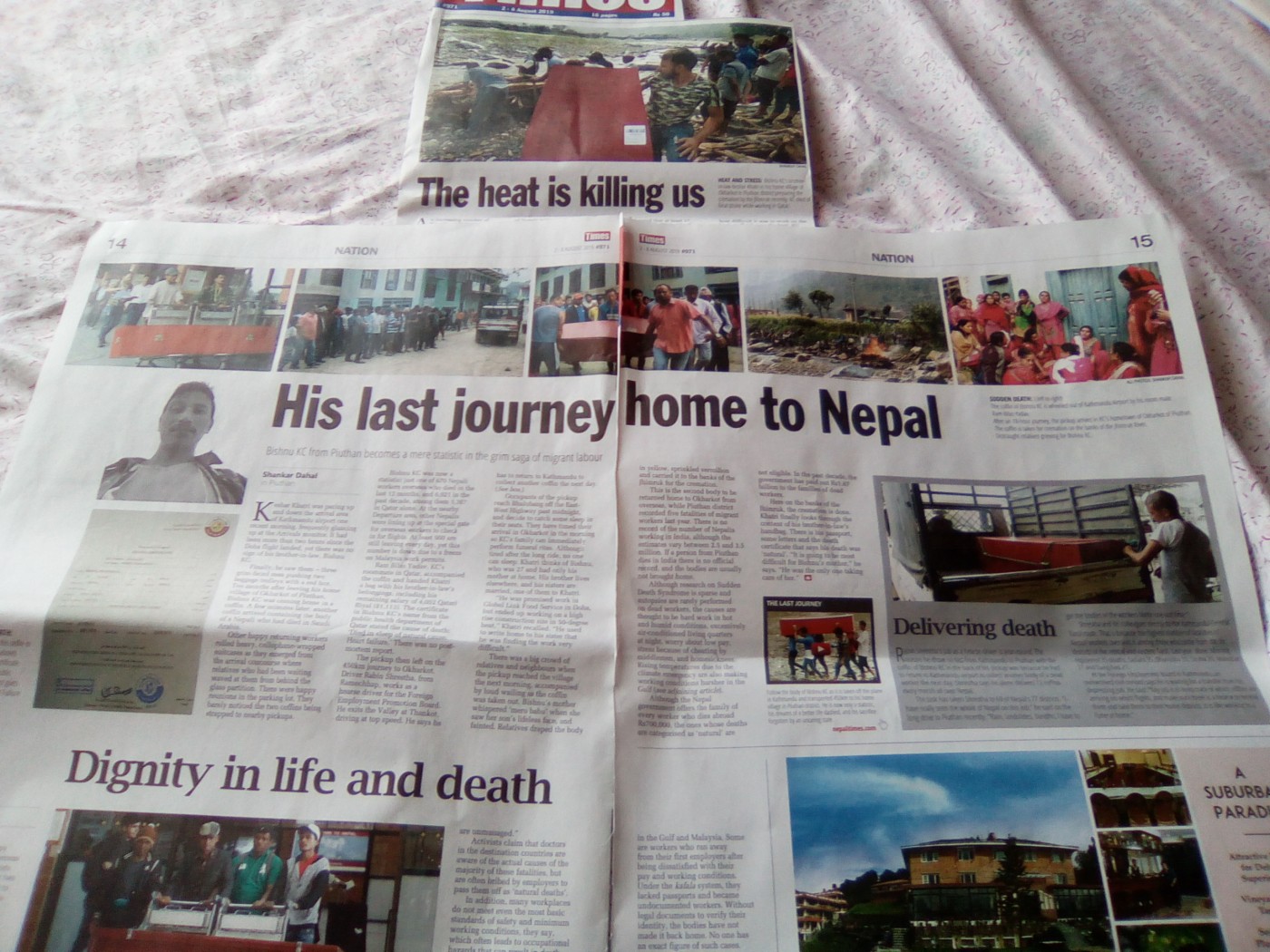

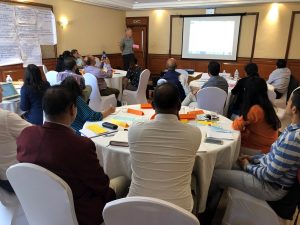
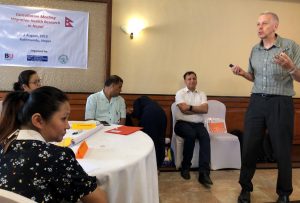
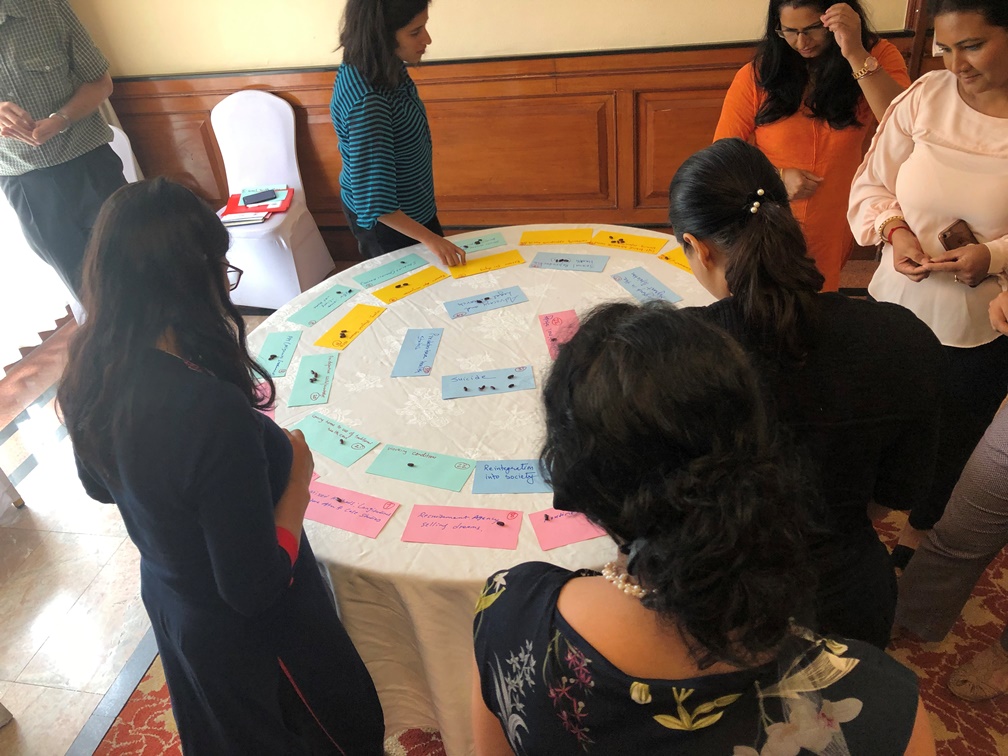
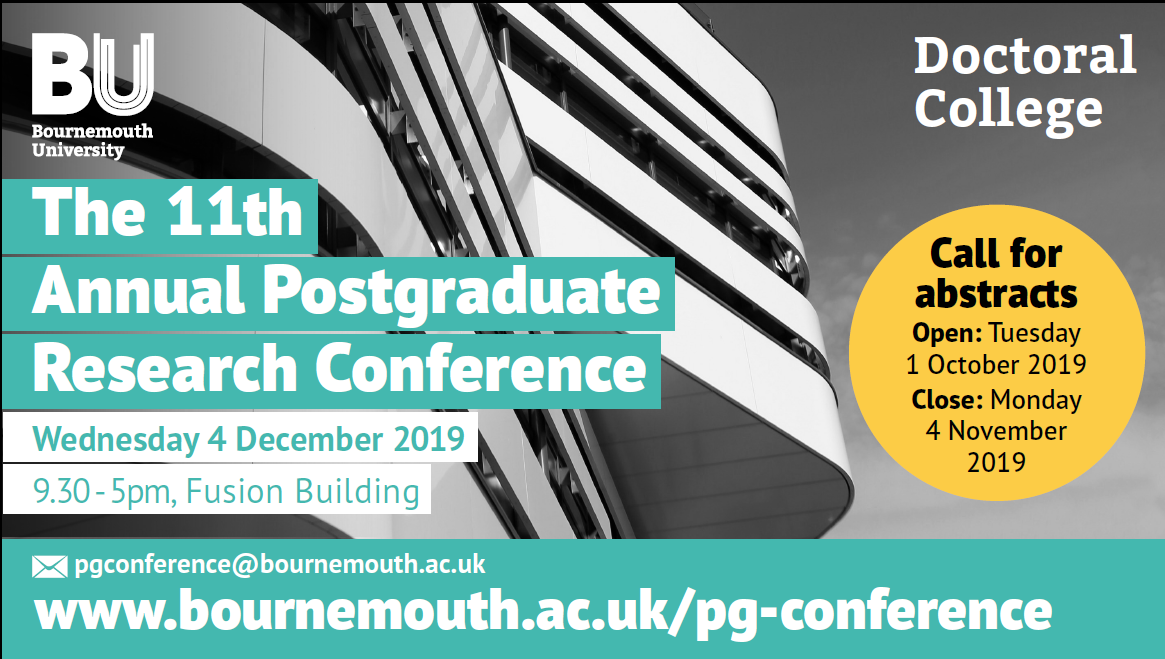











 Beyond Academia: Exploring Career Options for Early Career Researchers – Online Workshop
Beyond Academia: Exploring Career Options for Early Career Researchers – Online Workshop UKCGE Recognised Research Supervision Programme: Deadline Approaching
UKCGE Recognised Research Supervision Programme: Deadline Approaching SPROUT: From Sustainable Research to Sustainable Research Lives
SPROUT: From Sustainable Research to Sustainable Research Lives BRIAN upgrade and new look
BRIAN upgrade and new look Seeing the fruits of your labour in Bangladesh
Seeing the fruits of your labour in Bangladesh ECR Funding Open Call: Research Culture & Community Grant – Apply now
ECR Funding Open Call: Research Culture & Community Grant – Apply now ECR Funding Open Call: Research Culture & Community Grant – Application Deadline Friday 12 December
ECR Funding Open Call: Research Culture & Community Grant – Application Deadline Friday 12 December MSCA Postdoctoral Fellowships 2025 Call
MSCA Postdoctoral Fellowships 2025 Call ERC Advanced Grant 2025 Webinar
ERC Advanced Grant 2025 Webinar Update on UKRO services
Update on UKRO services European research project exploring use of ‘virtual twins’ to better manage metabolic associated fatty liver disease
European research project exploring use of ‘virtual twins’ to better manage metabolic associated fatty liver disease